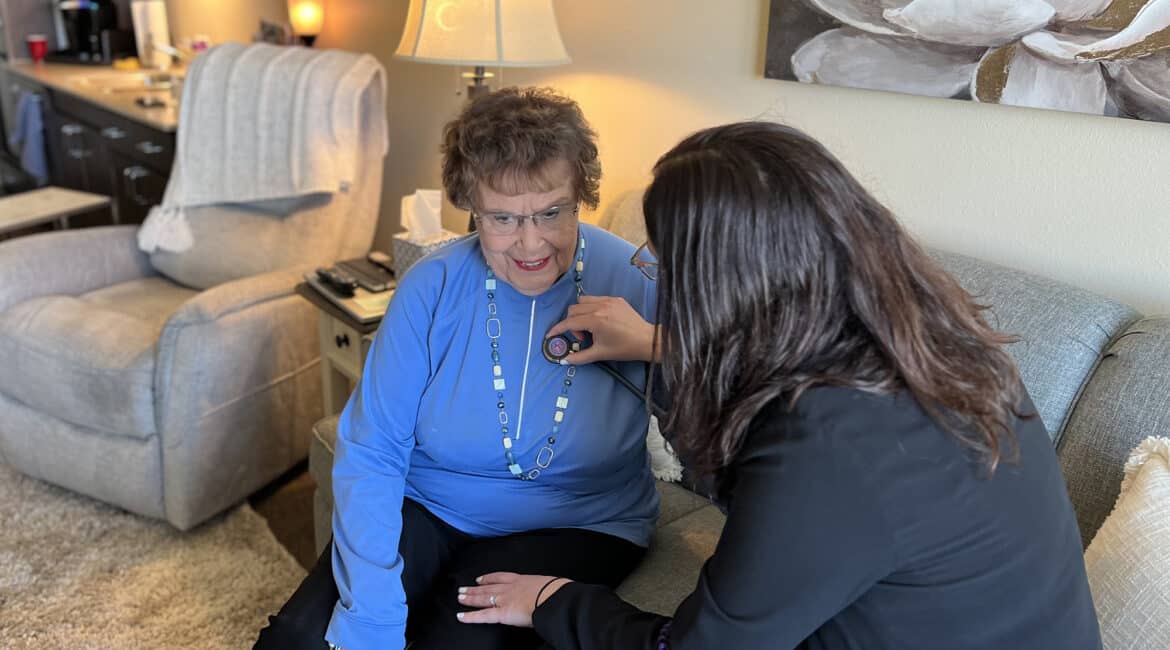Looking at our lives, we might have expectations of how things will be during specific decades. During our 20s-30s, we might complete higher education, get married, buy homes, start families, and work to excel in our careers.
During our 40s through 60s, we might gain some independence as the children grow up. We may have more free time for travel and vacations based on good decisions, health, and luck. However, life after retirement can feel like a scary new chapter.
The years after retirement and beyond hold many unknowns. One thing we do have control over is how we spend our time. The things we do each day can impact our quality of life during the retirement years.
Here are four ways to feel your best during retirement:
1. Stay on Top of Your Health
Healthcare services are expanding in various ways, from offering extended hours to adding new locations providing in-home medical services. With expanded availability, we might not have as many reasons to avoid seeing clinicians for answers and solutions to common health issues. Being proactive about health is getting to be more convenient.
Remote patient monitoring is another way healthcare is expanding. It does not require anyone to visit their provider’s office. However, it tracks health and communicates with a patient’s medical team to alert them of any changes to movement, sleep, nutrition, and vitals.
2. Keep On Moving
Too much sedentary time can result in losing strength and balance and contribute to falls. Thankfully, outpatient therapies can safely get you back on your feet and help you retain your independence for years if you keep up with it.
Age is but a number. Don’t let your age trick you into your rocking chair or the sofa with snacks and all-day TV shows! While that’s one way to spend some time, moving around and remaining active is still important.
If movement and physical activity are painful or unsafe, check in with your healthcare team to find a helpful solution and plan of care so you can maintain your independence.
3. Ask for Help
It’s common not to want to ask for help when you’ve been the helper and caregiver for most of your life, but this one is huge! A little help goes far, and it’s very important to ask for what you need before you injure yourself in trying to be independent when it’s unsafe.
Sometimes, a little support, whether around the house or through home healthcare services, can keep you independent longer. Having helpers and safety measures to reduce your fears might also boost your confidence.
Confidence and independence go hand in hand. If you have help available, you may feel like you can do things longer.
4. Stay Socially Active
Did you know that being lonely is as dangerous as smoking? Harvard’s longitudinal study of adult development highlighted that those who lived longest had someone they could trust—typically a spouse with whom they could share their lives.
As time progresses, even though we may lose loved ones or our beloved spouses, staying connected with others is still important. It can be easy to self-isolate as years take a toll on our bodies and we lose those we love; however, more clubs and organizations than ever can help connect people who could use a friend.
Local libraries, senior centers, churches, and community clubs are excellent ways to stay active and social. It’s easy to make friends when we can identify with others, and these organizations provide a wonderful experience to do something good while meeting like-minded friends.
If you’d like to learn more about how a Legacy Medical primary care visit or a CarePredict monitoring system could help you, email us at info@legacymedical.com. We’d be happy to explain how we can support your outcome to keep being YOU long after retirement!





